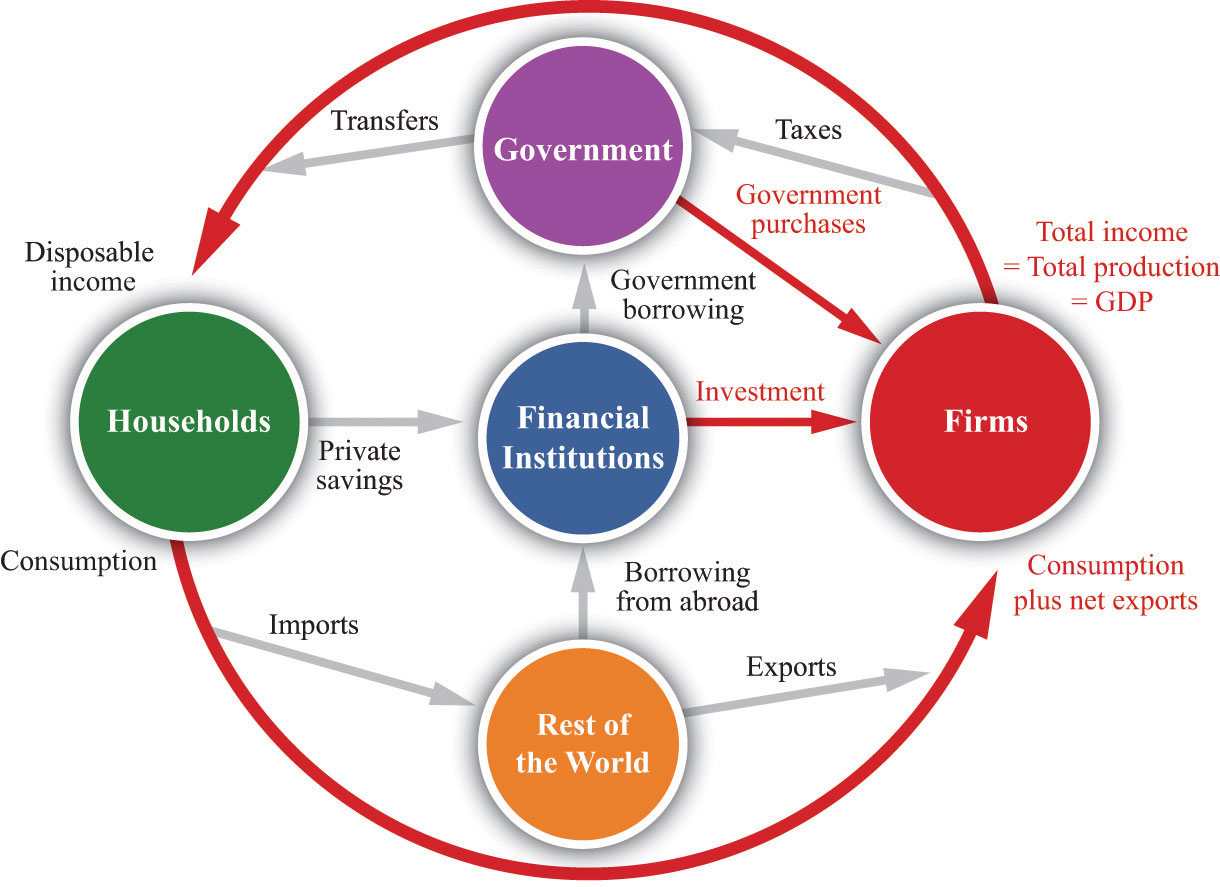However, the methods suggested above for the calculation of national income of a country pose many difficulties or problems:
1. Non-monetary transactions such as services of housewives have been excluded from the estimation of national income. But it should not be so. In this event the value of national income would go down. In countries like India non-monetised transactions are considerable. So it does not come to the market. This is a difficulty faced while estimating national income of our country.
2. Small producers do not keep record of the quantity and value of their output. If is difficult together reliable information’s about the value and volume of their output. This poses a difficulty while calculating the national income because by and large they do not appear in the national income.
ADVERTISEMENTS:
3. In case of mixed income, a grave problem arises regarding allocation of income among the factors. This makes the task of income among the factors. This makes the task of estimating national income difficult.
4. In case of unorganised sectors, assessment of output is a guess work. This makes the figure for national income unreliable.
5. The greatest difficulty in estimating national income is lack of adequate statistical data.
ADVERTISEMENTS:
Statistical data regarding agriculture and allied occupations, household enterprises is not available in most of the developing countries. There is no accurate information available regarding consumption, investment expenditure or savings especially for rural population. All these pose problems in developing countries while calculating national income.
However, in India, it is not possible to measure national income using a single method. As a matter of fact, different methods are being adopted for different sectors. Everything depends upon accuracy of data and the estimation procedure.
We find gaps in computation, statistical information and its systematisation. Therefore, it is necessary to cover up these gaps for more efficient economic planning and social accounting.
